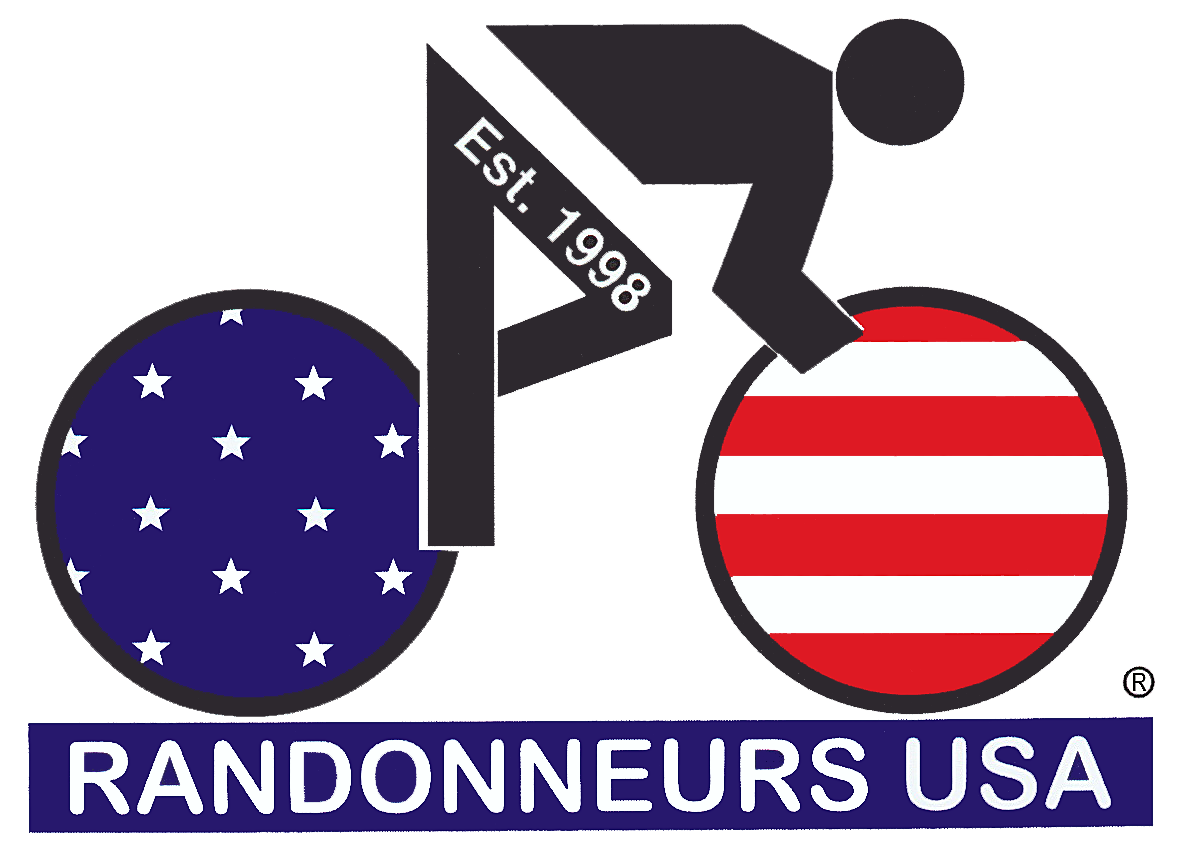By Bill Bryant
A bare handful of riders have died during the various editions of Paris-Brest-Paris since the first one in 1891. Most were killed by motor vehicle drivers on the busy N- 12 highway used before 1979, while more recently another died of natural causes. Any death during the event is lamentable and casts a somber shadow. Happily these incidents have been rare and for most randonneurs, PBP remains a cherished sporting experience that has been going strong for well over a century. The profound joy that is felt with a successful PBP finish is like few others. But what if the event itself died? That is a very real possibility and came rather close to becoming reality following the most recent edition last August. It wasn't at all expected, but sometimes a small action by a single person can have a big effect on everyone else.
It probably shouldn't come as a surprise that some of the civic authorities along the route are not too keen about having the marathon pass through their region, at least compared to the cheering fans alongside the road or the randonneurs who ride it. There is always the safety aspect to consider—sleep deprivation is part and parcel of every PBP and having a bunch of two-wheeled zombies wander through your region is not a comforting thought to the police and provincial government officials. Don't kid yourself, the hospitals along the route treat more patients and the police have more incidents to deal with during the four days and nights of PBP. Add in the intense traffic jams that take place around each checkpoint, both from the riders themselves and the vast armada of support cars, and one can readily see that however excited we randonneurs become about PBP, not everyone shares our enthusiasm. And since these same authorities grant the permits to allow the event to be held on public roads, this matters.
So what happened last August? On the Thursday of the ride, on the return to Paris, a group of randonneurs and randonneuses were halted by a railway crossing gate. At first everyone stopped as they should, but then a rider did the unthinkable—he ignored the warning bell and flashing lights and
Alas, the wayward randonneur was an American and my involvement as a RUSA representative was requested afterward. It was clear to me that the officers of the Audax Club Parisien where horrified by this incident, even weeks after it took place. Normally they speak in respectful tones to, and about, their fellow randonneurs. But this time shock caused a frankness that I had never experienced with them before. Words like
Luckily, it turned out otherwise, but I share this story as a cautionary tale. Hopefully it will not be repeated and Paris-Brest- Paris will live on forever. In the end, the rider received only a one-hour time penalty for ignoring the highway laws—but it was also hoped that I would try to help educate other randonneurs about the importance of stopping at all railway crossings when the gates are closed, and especially during PBP. In any case, I don't feel any benefit will come from revealing this fellow's identity; he was genuinely remorseful as soon as it happened and realized that what he had done might have had far-reaching effects beyond his own death.
More importantly, could it have been any one of us? I wonder… What if it were some exhausted randonneur or randonneuse in the dense fog of sleep-deprivation, struggling to stay inside the time limit? Or what about some of the fast riders whose competitive fires burn so brightly that they routinely ignore traffic laws at PBP in order to get the fastest time possible? Does everyone always make smart decisions in these types of situations? Over the years I've seen too many examples of questionable decision- making by riders at PBP to be sanguine that it would never happen again. Sometimes the all-consuming goal of making the finish line of such an important event causes people to do things they would never do otherwise. In the future, if you are riding PBP and see some randonneur starting to ignore a railway barrier, do us all a favor and
